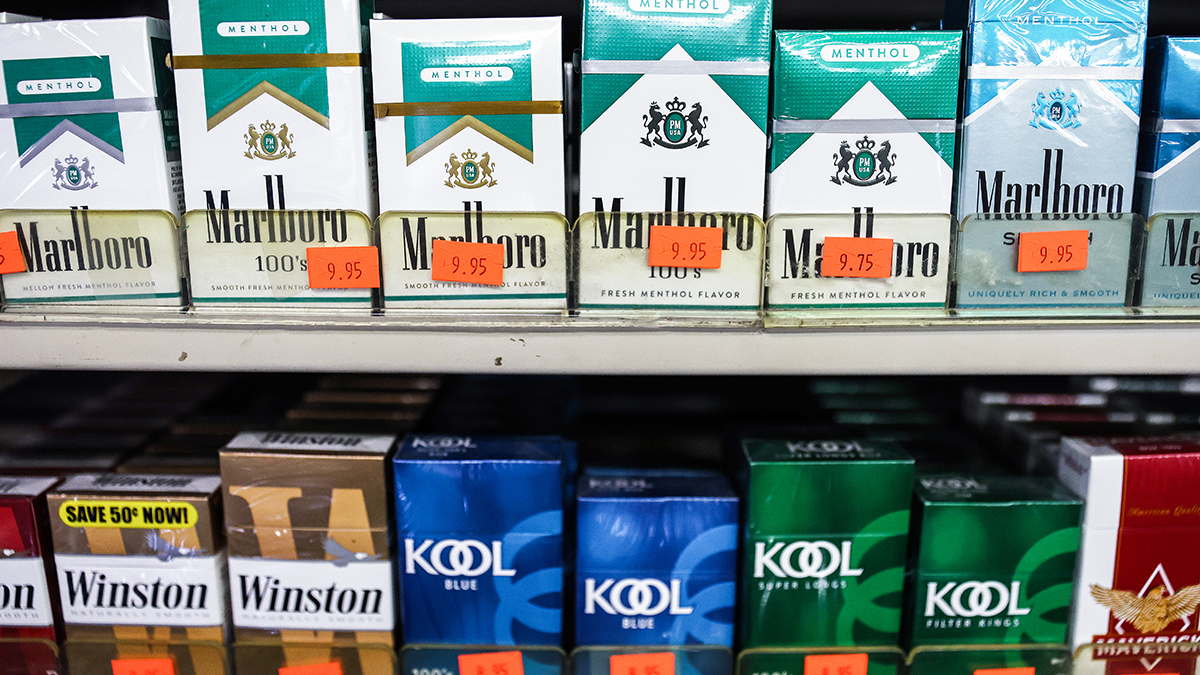AUSTIN, Texas, August 7, 2008 (ENS) - With school days on the horizon, The Texas Commission on Environmental Quality and the Texas Parent Teacher Association said today that they will work together to distribute funding to clean the air and protect school children from harmful particulate matter by retrofitting school buses.
The funding will come from a portion of penalties assessed by the commission that is used to support Supplemental Environmental Projects.
"I am delighted that the PTA is joining us to administer funds to clean up school bus fleets in Texas," said TCEQ Commissioner Larry Soward. "Working with such a strong partner gives each of our organizations a greater positive impact on the air quality of the state and the health of our school children."
Individual projects are funded based on qualifying enforcement actions taken by the commission. The amount of funding the PTA can receive is up to a maximum of $5 million per year, and the number of locations and projects may vary.
With this funding, Texas school districts can install pollution control devices on diesel school buses. These devices reduce emissions of particulate matter, commonly called soot, that can aggravate respiratory problems, asthma and allergies in children who ride the buses.
Funding may also be available to replace buses model year 1991 or older with 2007 or newer models resulting in a reduction in particulate matter emissions of 90 percent or even more.
"Drivers, students, passengers and teachers are all subject to harmful diesel exhaust emissions from school buses on our roadways," said Kyle Ward, Texas PTA executive director. "We look forward to distributing funds to school districts to reduce these problems through the use of cleaner technology."
U.S. & World
In 2005, the Texas Legislature authorized the TCEQ to launch and administer a clean school bus program designed to improve the health of bus drivers and children by reducing emissions of diesel exhaust from school buses.
Funding helps school districts when purchasing and installing emissions reduction technologies such as diesel particulate filters, diesel oxidation catalysts, and crankcase filters. Funding is open to school bus retrofit projects in all public school districts and charter schools in Texas.
The particles in diesel exhaust can penetrate deep into the lungs and pose health risks including aggravating asthma symptoms. Children are especially vulnerable to the effects of diesel emissions and air pollution because their respiratory systems are still developing and they have a faster breathing rate.
Federal law mandates that pollution controls be installed on all school bus diesel engines built in 2004 and later.
In addition, federal regulations require cleaner engines for all school buses that began operating in 2007. But buses that are already in use are not regulated by these standards.
These buses, which will be operating for years to come, emit the most pollution and are the focus of the Clean School Bus USA initiative. EPA launched this program in 2003 with the goal of upgrading the nation's entire school bus fleet to low emission buses by 2010.
The Energy Policy Act of 2005 authorized $200 million per year in federal funds for the Diesel Emissions Reduction Act to reduce emissions in school buses, freight, construction and the ports sector through retrofits, replacements, engine rebuilds, repowerings, and idle reduction programs.
The EPA estimates that this program will lead to a reduction of about 70,000 tons of soot across the nation.
In Texas, the State Energy Conservation Office’s Clean School Bus program aims to help reduce children’s exposure to harmful emissions from diesel buses.
This program brings together school districts and administrators, their bus-fleet operators, health advocates, fuel providers, bus manufacturers and technology innovators to craft a collaborative, cost-effective program to protect the health of school children and the public.
In the past two years, SECO has reduced pollution from diesel-powered school buses in the Houston, Dallas/Fort Worth, Austin and Laredo areas. The retrofitted buses and new replacement buses use Texas Low Emission Diesel, an ultra low sulfur diesel.
As their school buses are retrofitted or replaced, Texas children are expected to be healthier, with fewer cases of lower respiratory symptoms in healthy children; fewer cases of upper respiratory and asthma symptoms in asthmatic children; and fewer cases of acute bronchitis.
The U.S. Department of Labor's Occupational Safety and Health Administration lists at least 37 harmful components of diesel exhaust. To view the list, click here.
Copyright Environment News Service (ENS) 2008. All rights reserved.




